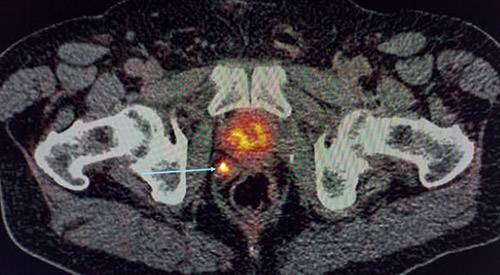Pancreatic cancer research
The pancreas is a gland located in the abdomen. It is located between the stomach, intestines and other organs of the digestive system.
Pancreatic cancer occurs when pancreatic tissue cells undergo abnormal changes in their genetic material due to exposure to carcinogens or inflammatory processes.
It belongs to the group of hepato-pancreato-biliary tumors (HPB), an area that refers to an anatomical and functional area involving the liver, pancreas, gallbladder and biliary tract.
In most cases, pancreatic cancer is diagnosed in advanced stages, when it has already metastasized to other organs such as the liver, peritoneum or lungs. It is one of the cancers with the worst prognosis and its incidence has increased significantly in recent years.
There are several risk factors associated with its development, the main one being tobacco consumption, although there are other factors such as chronic pancreatitis, diabetes, obesity or diets rich in meat and fat.
Pancreatic cancer can be caused by an alteration in one of its cell types:
- Exocrine cells: responsible for producing enzymes that are secreted into the small intestine and help digest food. They are the origin of pancreatic ductal carcinoma, which accounts for about 95% of pancreatic cancer cases.
- Endocrine cells: responsible for making different hormones that help control the concentration of glucose in the blood. Neuroendocrine carcinoma originates in these cells, causing 5% of the remaining cases.
The therapeutic strategies and prognosis of both subgroups are substantially different, with pancreatic ductal carcinoma being the most aggressive and with fewer therapeutic options.

Need more information?
If you are interested in learning more about our research, please contact us.
We dream of curing pancreatic cancer
Treatment options have increased significantly in recent years, but much remains to be discovered.
We seek to know the genetic alterations that cause the appearance and development of pancreatic cancer.
Identify biomarkers for early diagnosis, prognosis and prediction of response to treatment.
Validate potential antitumor therapeutic targets and design new therapeutic therapies that reach patients as soon as possible.
REFERENCES IN BASIC AND TRANSLATIONAL RESEARCH
Oncogenes and Effector Targets Research Group
Reference team in the research of KRAS oncogene-dependent tumors focused on the identification of new molecular targets and the design of innovative therapeutic strategies for these tumors.
Diagnostic and therapeutic research
All our professionals and technical resources at the service of research into liver, pancreatic and biliary tumors.

Genomics Platform
Our Genomics platform has state-of-the-art equipment for rapid and accurate sequencing of the genetic material of tumors.

Animal Production and Experimentation
Research support technology platform that supports researchers in HPB tumors through its management of animal models for research.

Platform
Image
Microscopy service and non-invasive imaging techniques ideal for the analysis of tumor evolution in preclinical models.